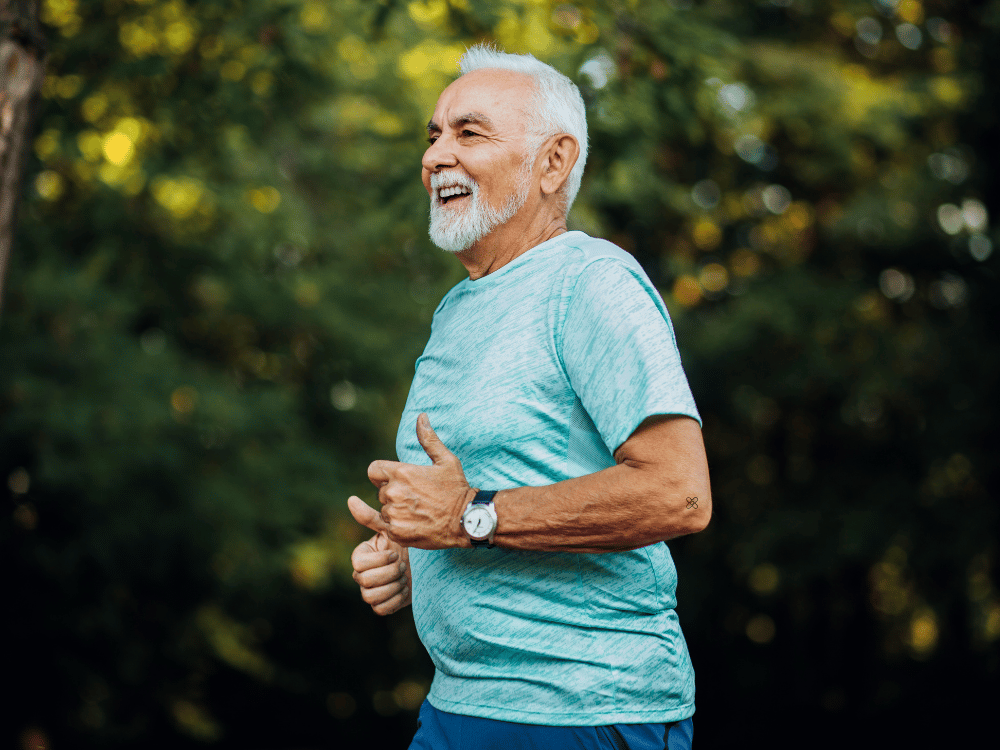How Stress and Inflammation Impact Hair Health


Stress doesn’t just affect your mood or sleep. It can also affect your hair—sometimes in ways you don’t notice until there’s a visible change in thickness, texture, or shedding.
At Ageless Vitality Center, we often see patients whose hair loss is tied to deeper systemic issues like chronic inflammation and stress-related hormone shifts. These underlying causes are just as important to address as scalp-level concerns.
Here’s how stress and inflammation disrupt your hair growth cycle and what you can do about it.
What Happens to Hair Under Stress?
When your body is under stress, it releases cortisol and other stress hormones. These can push hair follicles out of their growth phase and into a resting or shedding phase earlier than they should.
This is known as telogen effluvium. It often shows up two to three months after a stressful event—like illness, surgery, emotional strain, or even a sudden dietary change. You may notice more strands on your pillow or in the shower than usual.
If stress is constant, hair may not regrow as expected. The follicles can stay dormant for longer, thinning your hair out over time.
The Role of Chronic Inflammation
Chronic inflammation is your body’s internal alarm system stuck in the “on” position. It can be triggered by poor gut health, untreated autoimmune issues, nutrient imbalances, or hormonal dysfunction.
When inflammation becomes long-term, it affects the hair follicle environment. This can reduce blood flow, hinder nutrient delivery, and even lead to scarring over time.
If you’re also dealing with joint pain, bloating, or brain fog, inflammation could be playing a bigger role in your hair loss than you think.
How Ageless Vitality Approaches Stress and Inflammation

Ageless Vitality Center offers functional wellness testing to help identify the root causes of inflammation and chronic stress in your body. This might include advanced labs for hormone levels, inflammatory markers, nutrient deficiencies, or thyroid function.
By looking at the whole picture, we’re able to recommend treatment plans that address the deeper cause—not just the symptom.
Treatment Options That Support Recovery
If inflammation or stress is contributing to your hair loss, you may benefit from:
- Microneedling with PRP to improve circulation and follicle activity
- Exosome therapy to support healing with plant-based peptides
- Prescribed medications for hair loss when hormone-related inflammation is present
- Hormone support to restore balance if cortisol or DHT levels are out of range
When these treatments are combined with lifestyle guidance and targeted supplementation, results tend to improve and last longer.
Stress Reduction and Hair Health at Home
Outside the clinic, small lifestyle changes can also make a big difference:
- Prioritize 7 to 8 hours of quality sleep
- Incorporate daily movement, even if it’s just walking
- Consider guided breathwork or mindfulness for nervous system regulation
- Avoid crash diets or extreme restrictions that can trigger hair loss
You can also learn which vitamins and supplements support hair growth and help your body cope with physical stress.
Take the First Step Toward Hair Recovery
If your hair loss has no clear trigger, or if it started during a stressful season, inflammation and cortisol may be part of the picture. Ageless Vitality Center can help you understand the connection and guide you toward a plan that supports regrowth from the inside out.







